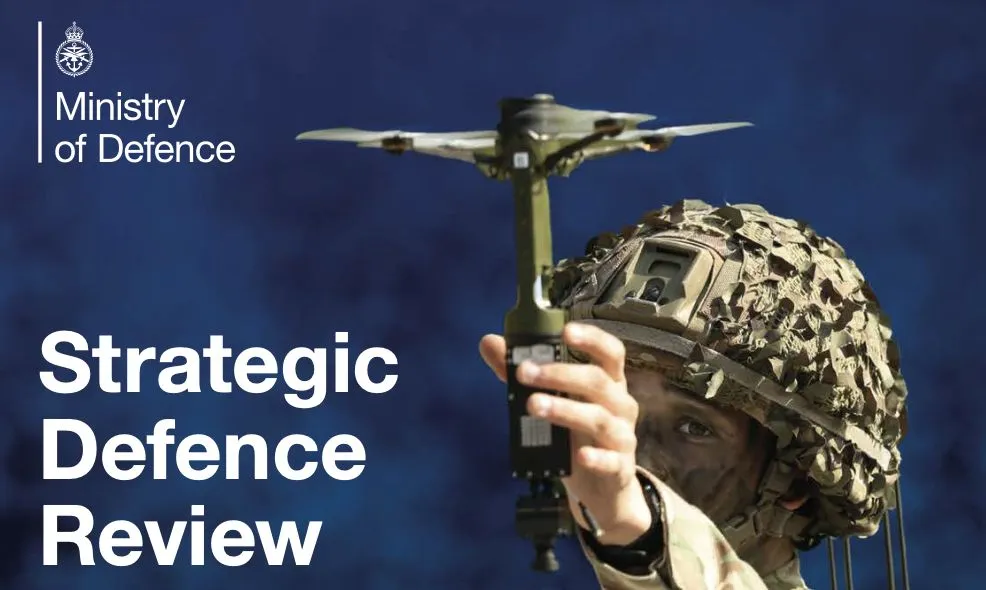
The UK Government’s Strategic Defence Review 2025 marks a dramatic pivot toward the increased development and deployment of “autonomous capabilities to generate mass and lethality” (or, autonomous weapons systems) as central to the UK Armed Forces. While the Review outlines a vision for technological transformation, it lacks the ethical and legal commitments that must accompany such advances, given the heightened risk, and potential scale, of harm to civilian populations. In failing to address the urgent need for international regulation, this approach risks setting a precedent for unrestrained and unaccountable uses of force.
We are particularly concerned by the Review’s framing of autonomy and AI as “central pillars of future UK warfighting capability”, and its statement that the “immediate priority for force transformation should be a shift towards greater use of autonomy and Artificial Intelligence.” The Review further notes that “the UK’s competitors are unlikely to adhere to common ethical standards in developing and using them,” highlighting the very real risks of misuse and abuse. Yet instead of advocating for the establishment of robust international norms, the UK’s response is to call for “more flexible regulation… to support vital experimentation in areas such as autonomy.”
This contradiction lies at the heart of our concerns: by acknowledging the dangers of autonomy in warfare but responding with deregulation and accelerated development, the UK is contributing to a future in which machines, not humans, may increasingly be entrusted with the power to make life-and-death decisions.
The long standing position from the UK has been to consistently reaffirm commitments to chain of command, accountability, control and rule of law. As yet, there are no developed frameworks for governing what constitutes control or legal attribution along the chain of command for use of force, domestically or internationally.
The current vacuum in global regulation around autonomous weapons systems threatens to:
- Undermine human accountability in warfare, making it harder to determine responsibility for unlawful acts or civilian casualties;
- Lower the threshold for armed conflict, enabling states to deploy lethal force with less political risk and reduced human oversight;
- Accelerate global arms races, especially among major powers, with little transparency and no shared rules of the road;
- Enable proliferation to non-state actors, who may exploit autonomous capabilities for acts of terror or destabilisation.
We therefore urge the UK Government to take a leading role in both developing meaningful national controls and in the global effort to prevent these outcomes as the country strives to become a lead innovator in these technologies. Developing these controls will help mitigate the potential harms of autonomous capabilities both in the UK and abroad. As a permanent member of the UN Security Council and a champion of the rule of law, the UK has both the capacity and the obligation to advocate for effective international governance of autonomous weapons systems.
Stop Killer Robots UK calls on the UK Government to:
- Support the negotiation of a legally binding international treaty that ensures meaningful human control over the use of force;
- Engage constructively in multilateral forums, including the United Nations to establish norms, definitions, and safeguards around autonomous technologies for military applications;
- Champion ethical leadership in AI and defence innovation, ensuring that developments reflect democratic values, human dignity, and international humanitarian law;
- Ensure that the prevention and mitigation of civilian harm, including cumulative and reverberating effects, is prioritised, codified, and operationalised as new technologies emerge.
